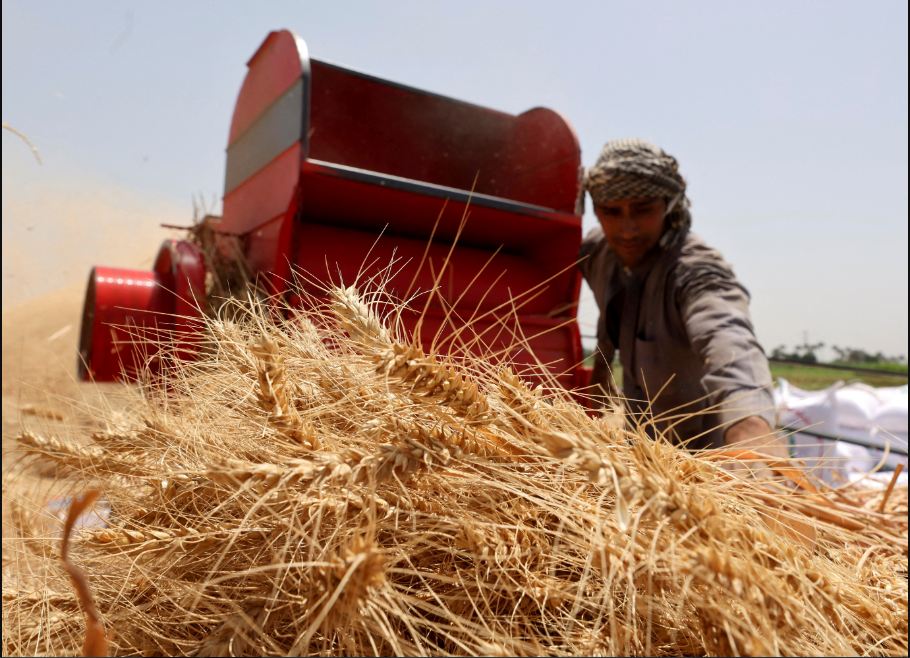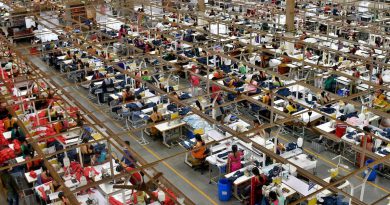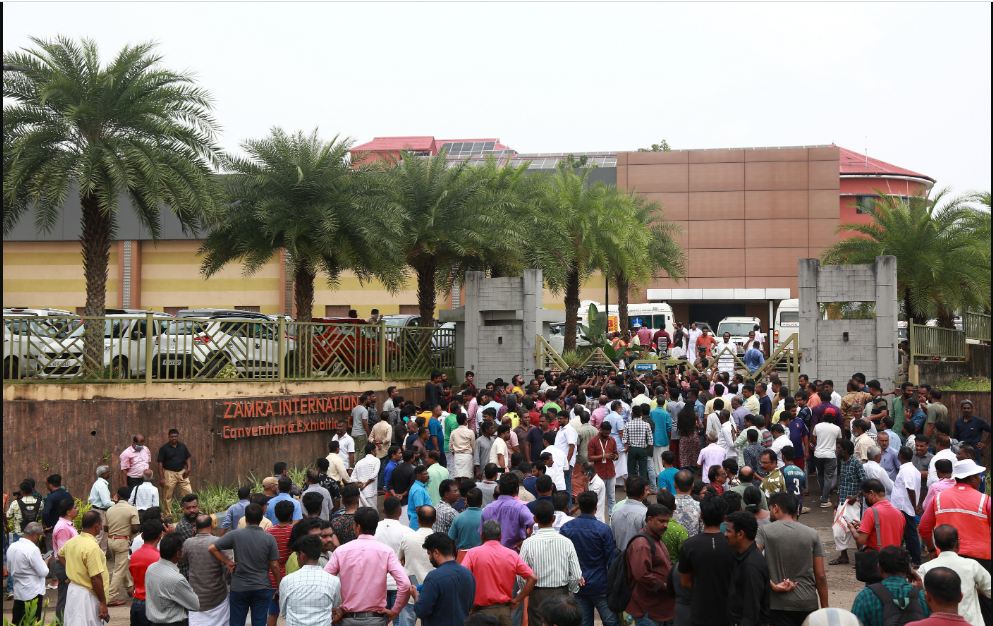India extends halt on futures trading in key farm commodities to December 2024
Mumbai (Reuters) – India on Friday extended the suspension of trading in derivative contracts of key farm commodities for the second time, to run into late 2024, as the world’s largest importer of vegetable oils and a major producer of wheat and rice seeks to curb food inflation.
The Securities and Exchange Board of India (SEBI) in 2021 ordered a year-long suspension of futures trading in key farm commodities, a dramatic step since allowing futures trading in 2003. That suspension was last year extended until Dec. 20, 2023.
In a notification issued late on Friday, SEBI said the suspension of trading in futures contracts would now continue until Dec. 20, 2024, on soybean and its derivatives, crude palm oil, wheat, paddy rice, chickpea, green gram and rapeseed mustard.
“It’s a very unfortunate move,” said Sandeep Bajoria, CEO of Sunvin Group, a vegetable oil brokerage.
“The Indian vegetable oil industry is in dire need of a hedging mechanism to navigate the ongoing global market turbulence. Unfortunately, no such mechanism exists at present due to the absence of commodity futures.”
India fills nearly two-thirds of its edible oil requirements through imports, which incurred a record cost of $20.8 billion in the 2022/23 financial year ended on March 31.
The move was expected by some market participants, as Prime Minister Narendra Modi’s government aims to stabilize prices with a series of state elections coming next month ahead of a general election next year.
The government has made it abundantly clear that it won’t permit the prices of food commodities to increase by implementing a range of export restrictions on wheat, rice, and sugar, said a Mumbai-based dealer with a global trade house.
“Sadly, the government links the price rise in food commodities to futures trading, so the extension was expected,” he said.
India’s National Commodity And Derivatives Exchange (NCDEX), which derives most of its volume from trading in farm commodities, was the most affected by the government’s decision, followed by the Multi Commodity Exchange (MCEI.NS).



